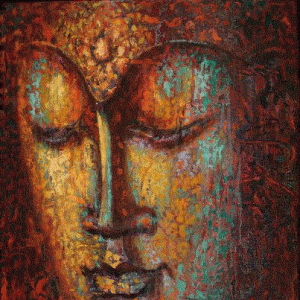Those familiar with the story of Siddhartha Gautama, who became the Buddha, may care to ponder his exceptional example. It reveals much about the innocence of the inner child and its loss.
His father was the King, and legend has it that his pregnant mother had a lucid dream that Siddhartha would either become a great king or a great sage. The mother died in childbirth, but not before telling her husband of her dream. Hoping the blissful ignorance of childhood might lead him to accept his inheritance, Siddhartha’s father protected him from any knowledge of suffering and death in the world outside the palace. His every whim was fulfilled; he lacked for nothing.
Upon leaving the palace walls and learning of the harsh realities of the actual world outside, Siddhartha abruptly left his royal life of luxury. For the sake of truth and wisdom, he put himself through the trials of a lifetime to integrate knowledge of the world’s suffering with the pristine state of bliss he had abandoned, and he awakened.
Siddhartha may have had few or no childhood wounds, but the shock of the realization that life is full of suffering for most was enormous. In his thirst for ultimate truth, wisdom and his compassion for a suffering humanity, he was beckoned in a way that led to a great inward journey. His achievement of awakening has inspired uncounted souls for two-and-a-half millennia. This is his legacy and our great fortune.
I believe that like Jesus, Buddha knew we are all One, and that the illusion and suffering of one belongs to everyone. His awakening helped clear the collective consciousness of humanity.

Siddhartha the Buddha
